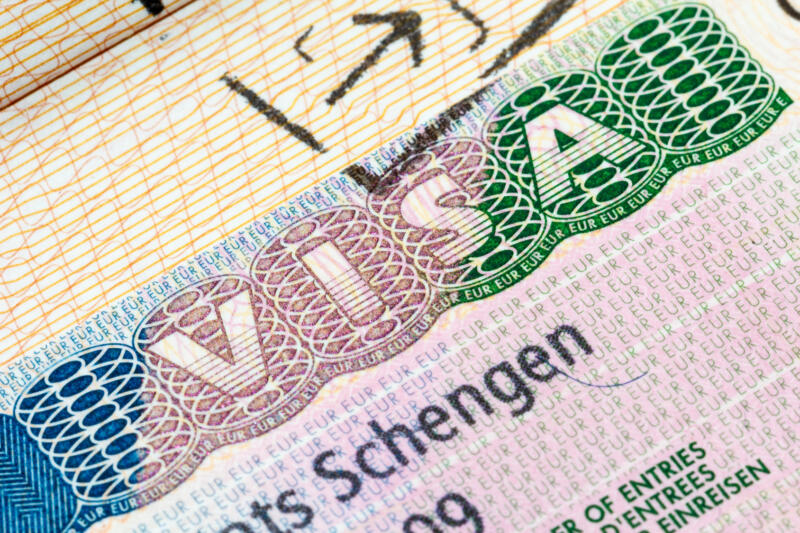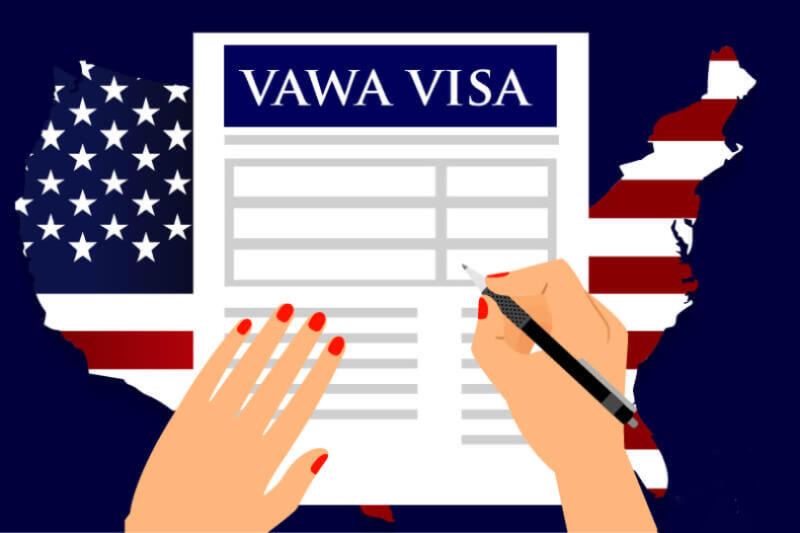A current notice released by Immigration, Refugee, and Citizenship Canada (IRCC) has explained precisely who must present a provincial attestation letter (PAL) when they apply for a study permit in Canada.
In late January 2024, the national administration declared that many new post-secondary international students at the institutional level would now need a provincial attestation letter from a region or territory as part of their study permit request.
Furthermore, in addition to Letters of Acceptance allocated to international students by the designated learning institution they make an application to, Provincial Attestation Letters will be administered as evidence that the student has been recorded for under a regional or territorial sharing within the currently executed federal restriction on study permits.
Immigration, Refugee, and Citizenship Canada (IRCC) has notified all regions and territories that they must have a procedure for allocating provincial attestation letters to international students in place by March 31, 2024. It is required to be known that, based on Immigration, Refugee, and Citizenship Canada (IRCC), the Canadian government is operating with the Quebec government to specify the way the Quebec Acceptance Certificate for studies could be administered as a Provincial Attestation Letter.
Note: Immigration, Refugee, and Citizenship Canada (IRCC) have demonstrated that they will return any study permit request without a supporting provincial attestation letter unless the candidate is excluded.
Table of Contents
Who Requires A Provincial Attestation Letter?
Based on the Immigration, Refugee, and Citizenship Canada (IRCC) notification, first released on February 5 and later updated on February 27, the division’s provincial attestation letter conditions are summarized as follows:
Provincial Attestation Letters are a condition for:
- A lot of post-secondary study permits candidates
- Some non-degree awarding graduate courses, such as graduate diplomas and certificate programs.
- Any international student not included in the exemption list below.
Provincial Attestation Letters are not needed by:
- Students from primary and secondary schools.
- Students from Master’s and Doctoral programs.
- Students studying at a designated learning institution.
- In-Canada study and work permit holders, including existing holders of study permits, are applying for an extension.
- In-Canada relatives of study or work permit holders
- Students who have already been accepted for a study permit and plan to travel to Canada for an upcoming course.
- Students whose requests were gotten before 8:30 am EST on January 22, 2024.
Other Major Modifications To Canada’s International Student Landscape
Provincial Attestation Letters are only one of many new guidelines currently being implemented and soon to be implemented by Immigration, Refugee, and Citizenship Canada (IRCC). The department declares that the standards strive to support the retention and strengthening of the innocence of Canada’s international student system while assisting sustainable population development.
Accordingly, the national administration has used the following steps and presented Provincial Attestation Letters to improve the international student system.
Intake Limitation On International Student Permit Requests
Over the next 24 months, the Canadian government will restrict admissions to study permits to stabilize new development throughout the nation.
Should you find this piece engaging, we kindly invite you to explore the wealth of content in our other articles:
- Top 10 Fully Funded Scholarships For International Students
- Expectations from Canadian Immigration in 2024
- What You Need to Know About PPR in Canada Immigration
- How to Prevent Canada Citizenship Application Refusal: Top Ten Reasons For Rejection
- Best Undergraduate Courses in Canada for International Students
The restriction is anticipated to lead to about 360,000 endorsed study permits in 2024, a 35% reduction from the previous year. This restriction will be shared across all provinces and territories in Canada, weighted by population, and local administrations in every province will then be accountable for sharing the allocation among their designated learning institutions.
Immigration, Refugee, and Citizenship Canada states that the study permit restriction 2025 will be re-evaluated at the end of 2024.
IRCC’s Trusted Institution Structure
An upcoming Trusted university structure will soon be executed by Immigration, Refugee, and Citizenship Canada (IRCC) as a method to offer designated learning institutions that satisfy specific IRCC innocense measures to take benefit of specific advantages, like priority processing of study permit requests by Immigration, Refugee, and Citizenship Canada (IRCC). More information concerning this structure is anticipated in the coming months, as the Trusted Institution Framework will be executed by the Fall semester of 2024.
Modifications To Post-graduation Work Permit Program Qualification Measures
Immigration, Refugee, and Citizenship Canada (IRCC) makes specific international students unqualified for a postgraduate work permit while including other students in the list of qualified recipients.
Notably, starting September 1, 2024, international students who start a study course that is an aspect of a curriculum-certifying arrangement will no longer be qualified for a postgraduate work permit upon completing their studies.
This standard, formally declared in January, applies to students who physically attend a private institution certified to provide the curriculum of a related public institution.
On the contrary, as of February 15, international students who graduate with a master’s program are now qualified for a three-year Post Graduate Work Permit. In the past, these graduates were limited to a Post Graduation Work Permit where the authorization’s authenticity duration was directly associated with the duration of the course of study.
Modifications To Open Work Permit Qualification
Open work permits will soon only be obtainable to partners of international students in Master’s and doctoral courses. This implies that partners of international students seeking other academic levels, including undergraduate and college courses, will no longer be qualified. Immigration, Refugee, and Citizenship Canada (IRCC) has yet to publish information on this standard.
Increased Expense Of Living Condition
On January 1, 2024, Immigration, Refugee, and Citizenship Canada elevated the expense of living conditions for study permit candidates. Based on IRCC, this condition will change yearly when Statistics Canada updates the low-cost cutoff. Before this change on January 1, the expense of living conditions in Canada had remained the same once since it was first launched in the early 2000s.
New Letter Of Acceptance Verification Procedure
Since December 1, 2024, designated learning institutions all over Canada have been needed to verify every acceptance letter from international students outside Canada directly with Immigration, Refugee, and Citizenship Canada. Under this new structure, designated learning institutions must confirm every acceptance letter a qualified student presents via the online portal, which only their delegates to IRCC will have access to.






